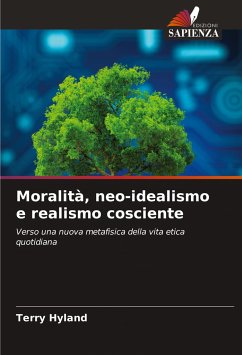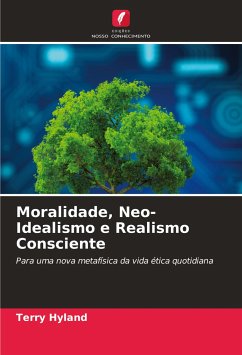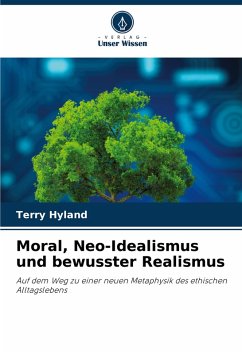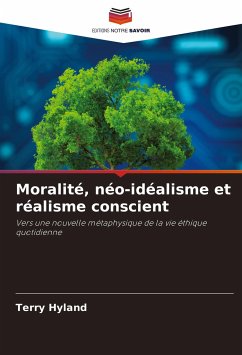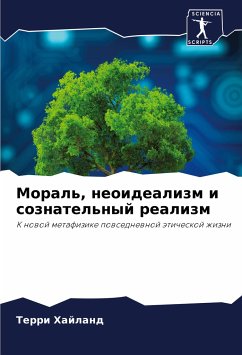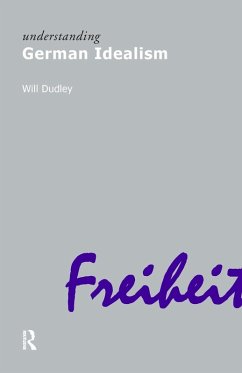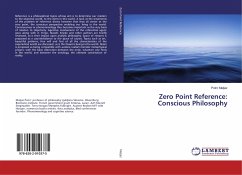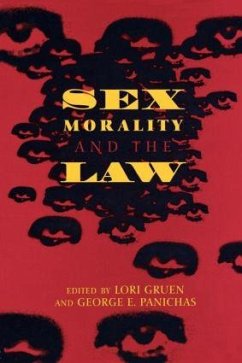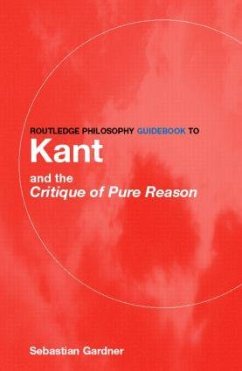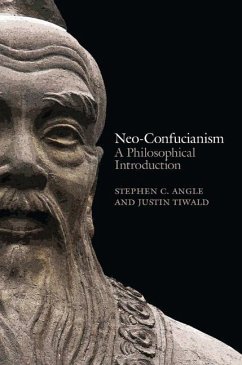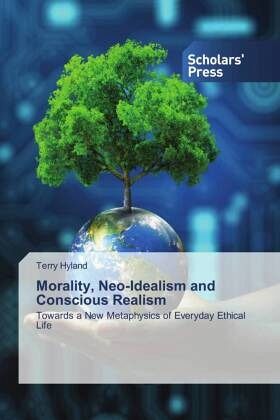
Morality, Neo-Idealism and Conscious Realism
Towards a New Metaphysics of Everyday Ethical Life
Versandkostenfrei!
Versandfertig in 6-10 Tagen
43,99 €
inkl. MwSt.

PAYBACK Punkte
22 °P sammeln!
Socrates' fundamental question about the nature of the good life and the best way for humans to live has been the subject of intense philosophical debate for over two millennia. Despite changes in terminology and conceptual styles, it remains the bedrock question in ethics and, in recent years, has been influenced by ideas regarding the possibility of providing objective, universal justifications for moral beliefs, judgments, and actions. The notion that moral values and judgments are susceptible to the procedures and methodology of the sciences has been proposed by several commentators. Sam H...
Socrates' fundamental question about the nature of the good life and the best way for humans to live has been the subject of intense philosophical debate for over two millennia. Despite changes in terminology and conceptual styles, it remains the bedrock question in ethics and, in recent years, has been influenced by ideas regarding the possibility of providing objective, universal justifications for moral beliefs, judgments, and actions. The notion that moral values and judgments are susceptible to the procedures and methodology of the sciences has been proposed by several commentators. Sam Harris suggests that, since morality is about the well-being of conscious creatures, we now have enough knowledge about what promotes or hinders such well-being to make more or less objective judgments justified by the sciences. After examining some of the controversies surrounding the putative objective/subjective nature of the ethical life, the text makes a case for the objective side of the debate. This position is further supported by evolutionary perspectives and recent work on consciousness by thinkers such as Bernardo Kastrup, Donald Hoffman, Steve Taylor, and Iain McGilchrist.



